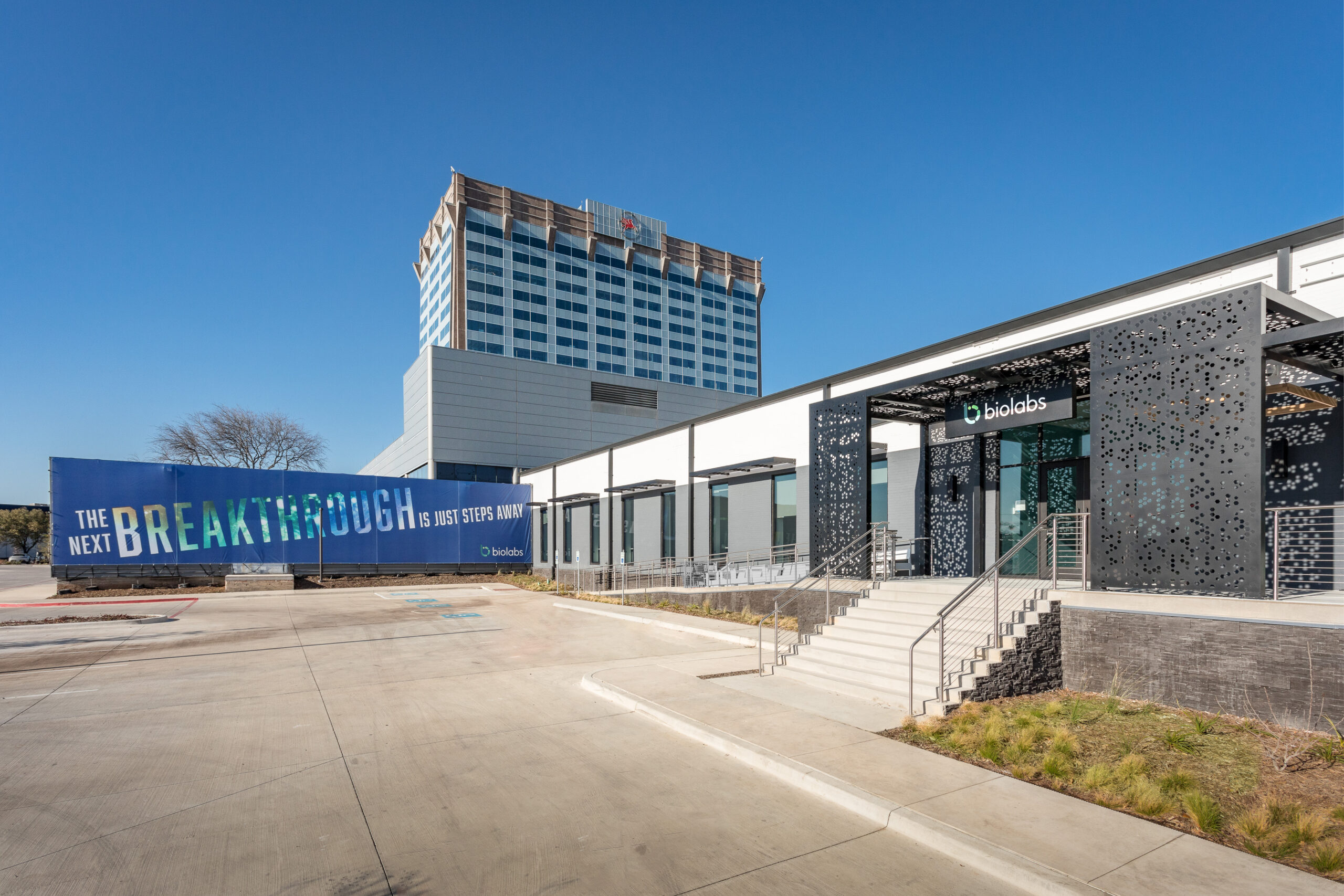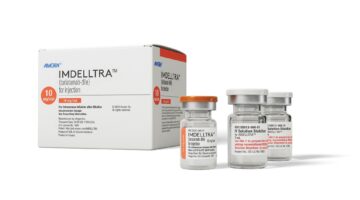When we last checked in with ReQuisite Biomedical, the Minnesota startup that’s developing a novel coating for stents and balloons was plotting a move to Ohio.
More than a year later, the move is still squarely in the planning stages, co-founder John Foley said. But recently released promising preclinical data has Foley hoping that ReQuisite can attract the funding necessary to propel the company forward.
The company’s name first popped up after being awarded in December 2009 a grant from Lorain County Community College’s Innovation Fund in Northeast Ohio. But ReQuisite never collected the cash because it wasn’t able to find a source of matching funds.

BioLabs Pegasus Park Cultivates Life Science Ecosystem
Gabby Everett, the site director for BioLabs Pegasus Park, offered a tour of the space and shared some examples of why early-stage life science companies should choose North Texas.
“We’re still at the mercy of the bad economy,” Foley said. That, plus the company’s long regulatory time line — Foley estimates it’ll take six years of work to get anything on the market — have combined to make ReQuisite a tough sell to investors.
Nonetheless, with no full-time employees the company continues to “push forward” while focusing on the “intriguing new data” to come out of a small-animal study, Foley said.
ReQuisite is working to develop coatings for stents and balloons containing two compounds found in red wine that better promote healing of blood vessels damaged during angioplasty, a procedure in which a catheter with a small balloon at its tip is used to widen a blocked artery.
The company’s latest research showed that its compounds help promote the regrowth of cells that heal blood vessels and help prevent restenosis, the renarrowing of an artery. The research was led by the company’s other founder, Tammy Dugas, a professor at Louisiana State University, and presented at a recent American Heart Association meeting.
Gregg Fonarow, a professor and director of the Ahmanson-UCLA Cardiomyopathy Center, called the research intriguing, but warned that far more research would be needed to determine if the coatings have the same effect in humans, HealthDay reported.
Foley is hoping the positive results from the research, though still at an early stage, will help stir up some investor interest in ReQuisite. He’s looking for angel funding of about $1 million to begin large-animal studies and, ideally, hire a full-time CEO.
“It won’t take a whole lot of money to kick-start this and get into animal studies to move it forward,” Foley said.














